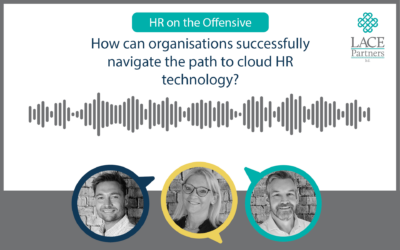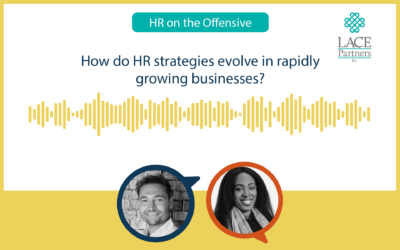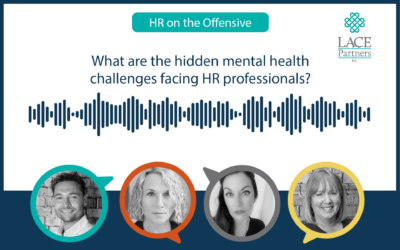Maintaining expectations
People leave an organisation if their experience of working there doesn’t match up to their expectations. When we join somewhere new our expectations are set through either an explicit or implicit employee value proposition (EVP) i.e., ‘the deal’ (more on that in our blog written last year here). Once you join, if your experience exceeds or matches the EVP, you are likely to be engaged in your role and less likely to leave. But if the reality of working in your new job does not deliver on what you feel was promised, you are less engaged and at risk of leaving. The same applies to existing employees – we all form an expectation of ‘the deal’ through what we hear from our employer and our peers, as well as what we are officially told through communications, policies and handbooks. And when our experience falls short, we consider our options. Your EVP therefore needs to be as explicit as possible, so expectations are realistic (with candidates and employees) and it needs to be actively managed, particularly as the external and internal context changes. For example, during the pandemic many employees valued wellbeing support, open communication and strong leadership from their employer. That will continue to be a legacy of the pandemic as we are now returning back to normality with the removal of restrictions here in the UK.
Defining the ‘stay interview’ – examining its value
The need for constant open feedback channels between an employer and its workforce has never been greater. ‘Stay interviews’ are an option to seek additional feedback, however, if existing channels are working well, I would argue they aren’t needed. Essentially, they provide information on why employees keep working for their employer: what they value most, what they feel needs to change and what might cause them to leave. If line managers are in touch with their teams, they should know the answers to these questions and therefore be able to provide a collective view of what employees are thinking. Similarly, if an organisation has regular pulse checks with employees through either online tools or simple check in meetings/forums, this information should be readily available. Finally, the good old-fashioned engagement survey will cover similar ground. So, as an HR professional, if you feel the need to use ‘stay interviews’ then maybe the first question to ask is how effective are your existing feedback channels?
Matching the experience
One particular use of the stay interview could be during the first few months in a new job. It provides a good way of checking if the employee value proposition they were promised during the hiring process is being delivered. The question then is who should conduct the interview…HR or the line manager? HR will bring a degree of independence and also enable the employee to share their views openly about how they are being managed. Whereas the line manager can get insights into how they can do things differently to make sure the employee is engaged. Whether this is a ‘stay interview’ or not, to me it’s just good practice – we should be proactively seeking the feedback of new joiners once they have settled in to make sure we got it right during the hiring process and that the employee experience is matching up to the EVP.
Utilising the stay interview
Stay interviews can also be useful in situations where businesses are experiencing high turnover as an additional tool to find out what’s working and what isn’t. As well as providing useful feedback, stay interviews will help employees to feel consulted and that their opinion is valued. This in itself can have a positive impact on engagement and future retention. The challenge is then to show what the organisation is doing with the insights they gather. If an employee raises a particular topic that they feel needs to be addressed as a priority, and they don’t see anything change as a result, they may well question why they bothered and start looking for the door.
If you are assessing the way in which you engage with your people, or you are looking at reviewing and refining your own EVP as part of your people strategy, reach out to us using the contact form below and we’d be happy to have an initial chat.






